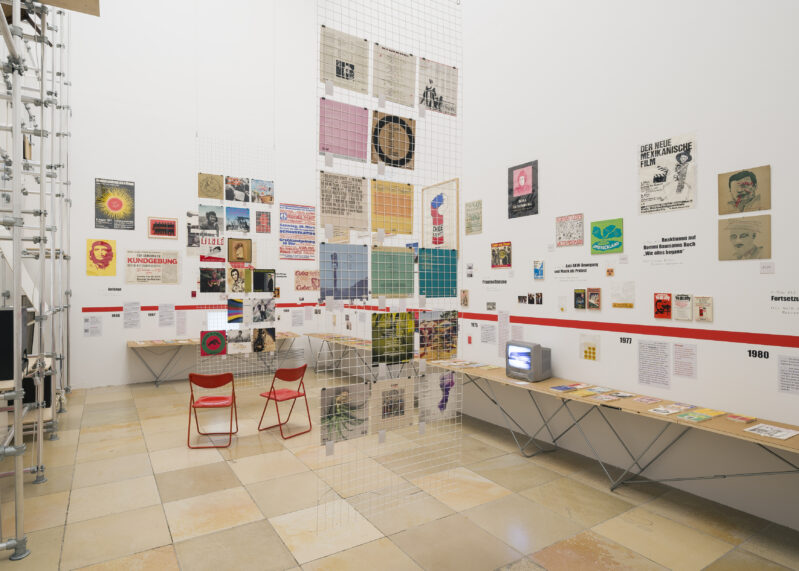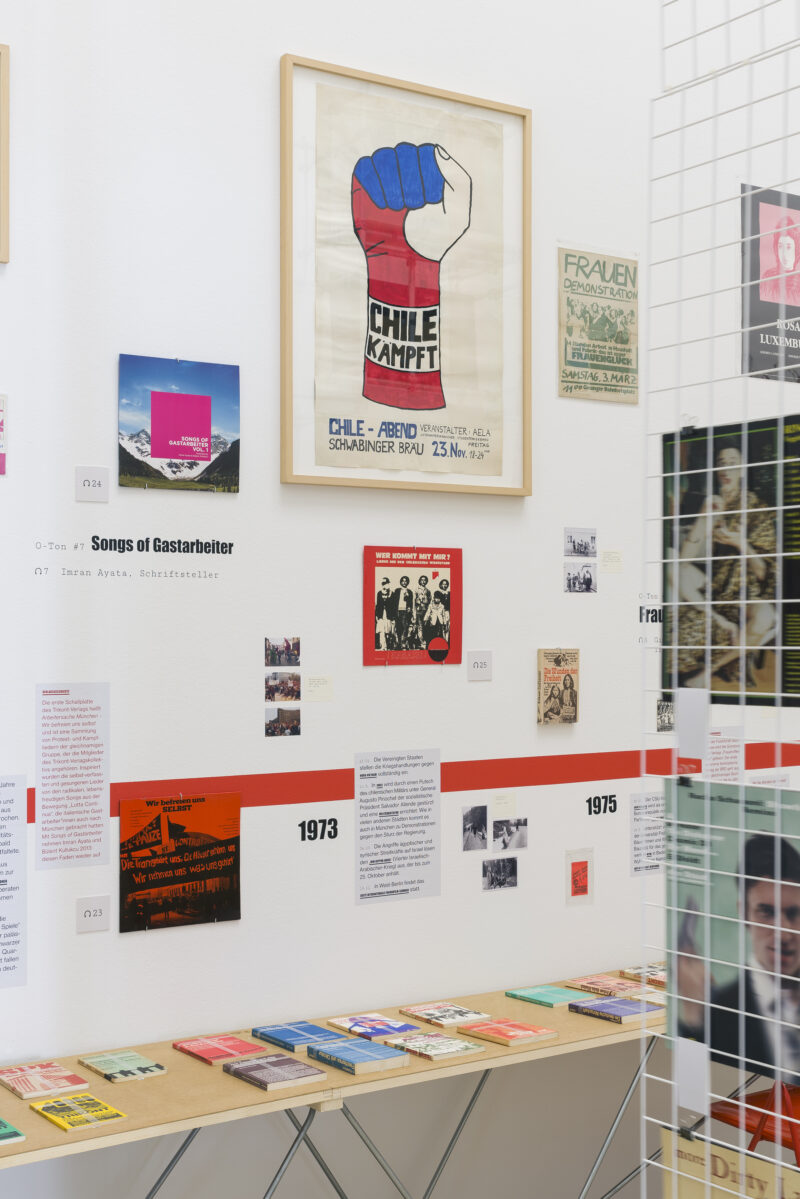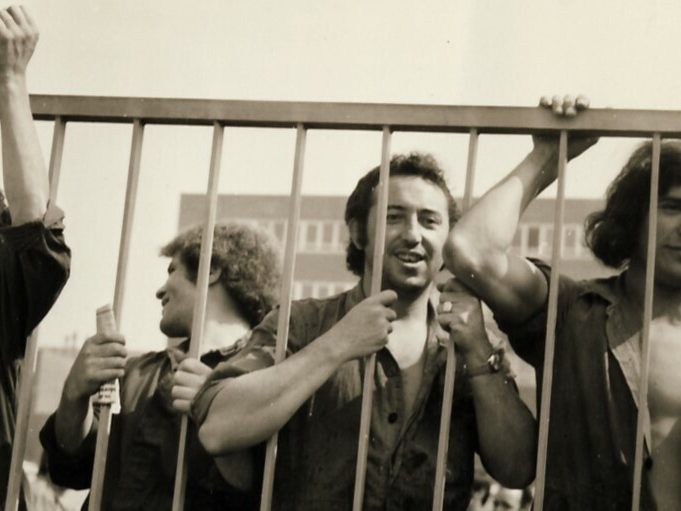The exhibition series “Archives in Residence” in the Archiv Galerie of the Haus der Kunst focuses on autonomous archives as alternative places of knowledge production. After presentations of archive holdings from the Euward-Archivs, 2021 and the Forum Queeres Archiv München, 2022 the series will be continued in 2023 with testimonies of the subcultural awakening and anti-authoritarian protest movements with the “Archiv 451 / Trikont Verlag”.
Trikont Verlag is the one of the first autonomous publishing houses in the Federal Republic. Founded in Cologne in 1967 and active in Munich since 1968, Trikont opened itself to alternative perspectives and inspired new social and ecological movements. The publishing house deliberately named itself after the 1966 Tricontinental Conference in Havana, which developed strategies against the discrimination of the so-called Third World. Trikont Verlag published mainly German-language publications and translations on the European and regional workers' movement, on decolonisation and anti-fascism, on alternative ways of life and radical social change. Among the first and most successful publications of the publishing house were the Mao Bible and Che Guevara's Bolivian Diary, which had a total of eleven editions. Thus Trikont also developed into the starting point of the publishing house Frauenoffensive (1975), the first autonomous feminist publishing house in the BRD.
Trikont discovered the unifying power of music early on. In 1972, it began producing records under the name TRIKONT - Unsere Stimme [Our Voice], which later became Trikont Musikverlag, today Germany's oldest independent label.
Among the first records of Trikont Musikverlag is Arbeitersache München - Wir befreien uns selbst [Workers' Matter Munich - We Free Ourselves], which contains protest and fight songs of the “Arbeitersache München”, to which the members of the Trikont publishing collective belonged. Another early release is the record Keine Macht für Niemand [No Power for Nobody], probably Ton Steine Scherben's most famous album. In 1980, the book publisher and the record label eventually separated. After the book publisher filed for bankruptcy in 1986, the former editor Christine Dombrowsky built up the Archive 451 from the remaining publications and materials, the name of which is an allusion to the Truffaut film “Fahrenheit 451”. In 2010, shortly before her death, she handed over her archive to the archive of Münchner Arbeiterbewegung e.V..
The exhibition brings together documents from Archive 451 and the archive holdings of Trikont - Unsere Stimme. One of the main focuses is on publications and records as well as posters, photographs and film materials. In addition to music tracks, the diverse exhibition also includes original sound recordings by actors, companions and artists. These personal testimonies are connected with the exhibits in terms of content and space, and thus form a soundtrack to the Trikont stories.
With thanks to the Archiv der Münchner Arbeiterbewegung e.V. and TRIKONT Unsere Stimme Verlags GmbH.
Direction and production of the listening stations: Kalle Aldis Laar
Scenography: Veronika Günther
Curated by Sabine Brantl



